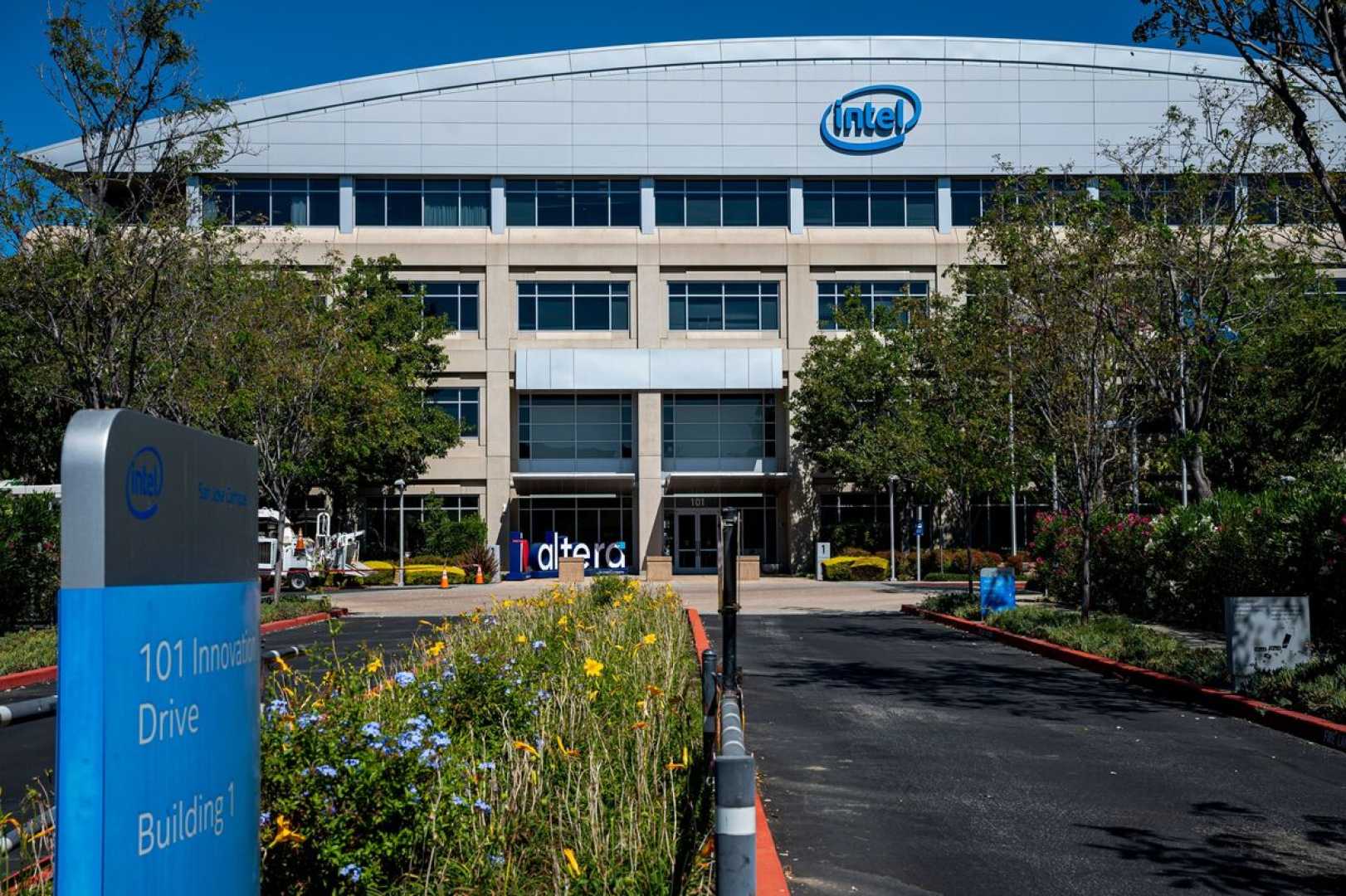Business
Silver Lake in Talks to Acquire Intel’s Altera Chip Business

MEXICO CITY, Mexico – Private equity firm Silver Lake Management is in exclusive discussions to acquire a majority stake in Intel’s Altera programmable chips unit, sources informed Bloomberg on Tuesday. The negotiations are ongoing, with the precise size of the stake still under review.
As discussions proceed, Intel and Silver Lake both declined to issue statements regarding the deal. Following the reports of this potential transaction, Intel shares surged by 16% on Tuesday, reflecting heightened investor interest amid broader speculation about the company’s strategic direction.
Intel’s stock, however, has experienced a decline of over 30% during the past year, leading to calls for cost-cutting measures. This sale would provide vital capital as the company navigates a challenging market, particularly given weak demand for its data center chips.
According to industry insiders, Silver Lake was not the only interested party; Bain Capital and Francisco Partners were also contenders for a stake in Altera, which Intel originally purchased for nearly $17 billion in 2015. Former Intel CEO Pat Gelsinger highlighted during an earnings call that the company intends to find investors to facilitate a future initial public offering (IPO) for Altera.
“We remain focused on selling a stake in Altera on a path to its IPO in the coming years,” Gelsinger stated, emphasizing the significance of bringing in investment to bolster the division’s growth.
This transaction is viewed not only as a financial maneuver but also as a response to increased competition from prominent rivals such as Broadcom and Taiwan Semiconductor Manufacturing Company (TSMC). Reports suggest TSMC is considering a deal targeting Intel’s manufacturing capabilities, while Broadcom’s interest is primarily in the chip design segment.
The heightened activity around Intel’s business comes amid speculation over potential support from the U.S. government for domestic semiconductor manufacturing. Recently, the Trump administration underscored the need for chips to be designed and produced within the United States.
Intel’s capacity to return to robust profitability hinges on effectively addressing the challenges it faces, including management changes and adapting to evolving market demands. Insights into future earnings and strategic pivots are eagerly awaited by analysts and investors alike.












